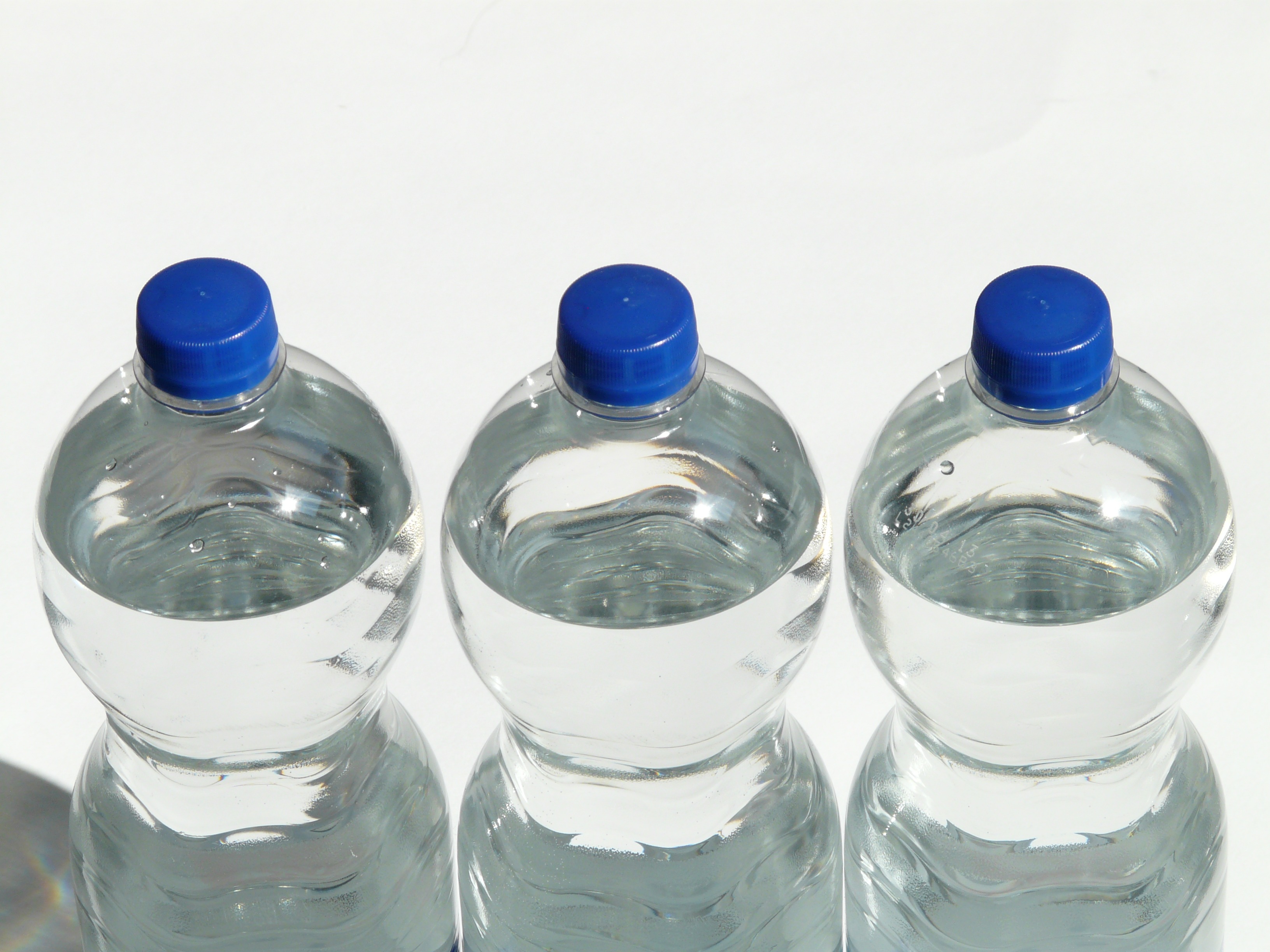Greece is a country known for its breathtaking coastlines, friendly locals, rich history, and delectable cuisine. As a popular travel destination, visitors often wonder about the safety and quality of tap water in Greece. It’s essential to stay hydrated and informed while navigating the Greek islands and mainland, and knowing whether you can safely drink tap water is a key aspect of that.
In certain cities, tap water in Greece is considered safe to drink. However, the safety and taste may vary depending on the location. It is important to remember that while the tap water may be potable, some areas might have water that tastes different due to the presence of minerals. Thus, it’s common for travellers to consume bottled water simply as a preference.
Many cafes and restaurants in Greece offer free or inexpensive bottled water to patrons, making it easy for travellers to quench their thirst without relying solely on tap water. Additionally, it’s helpful to seek local advice, as residents can provide up-to-date information on the quality and safety of the tap water in their area.
Tap Water Quality in Greece

Mainland Greece
In mainland Greece, the tap water is generally safe to drink. The water quality varies between cities and towns, with most urban areas having well-maintained water systems that consistently meet European standards. However, locals and tourists may still prefer to drink bottled water, as the taste of tap water can be different from place to place, depending on mineral content and local infrastructure.
When visiting rural areas, it’s recommended to ask for advice from local residents or accommodation staff regarding tap water safety.
Greek Islands
The tap water quality on the Greek Islands can vary significantly, with some islands having better water treatment systems and infrastructure than others. In general, tap water on larger islands such as Crete, Rhodes, and Corfu is considered safe to drink. However, on smaller islands or more remote areas, the water quality may be less reliable.
When travelling to the Greek Islands, it’s a good idea to always have bottled water on hand, especially when visiting smaller or more remote islands.
On both the mainland and the islands, be aware that Greek plumbing systems often have narrow pipes, which can become easily clogged. Therefore, it is advised not to flush toilet paper or other sanitary products, as this can cause blockages and impact water quality.
Safety Precautions and Tips
In some parts of Greece, tap water may not be safe for drinking. Therefore, it’s essential to take some safety measures to ensure you have access to clean water during your stay.
Purchasing Bottled Water

- Opt for bottled water instead of tap water in regions where it’s not advised to drink tap water.
- Choose bottles from reputable brands and ensure the seal hasn’t been tampered with before opening.
- Stay hydrated throughout the day, especially during hot weather, to maintain your health.
Using Water Filters
- If you’re staying in an area where tap water quality is questionable, consider using a water filtration system.
- Portable water filters and purifiers can be used for drinking water or for washing fruits and vegetables.
- Ensure your water filter is certified to remove contaminants and bacteria, and follow the manufacturer’s instructions for proper use.
- Regularly clean your water filter to maintain its effectiveness.
These precautions will help keep you and your family safe while enjoying your visit to Greece.
Impact on Environment and Sustainability
Water Consumption Patterns
Water resources in Greece are crucial to maintaining a stable environment and ensuring the sustainability of its ecosystem. A substantial 74% of the total water consumed in Greece is used for agriculture, according to a critical review of the country’s water resources1. Climate change intensifies the water cycle, leading to crop yield reduction, soil losses, and a decline in water resources. As demand for water outstrips supply, Greece must take action to ensure the efficient use of its water resources and promote sustainable consumption patterns.
Reduction of Plastic Waste
Drinking tap water in cities like Athens is safe and eco-friendly2. Encouraging the consumption of tap water can significantly reduce plastic waste, as it eliminates the need for single-use plastic bottles. A study led by the Barcelona Institute for Global Health (ISGlobal) revealed that the environmental impact of bottled water is up to 3,500 times greater than tap water3. By promoting the use of tap water, Greece can substantially decrease its plastic waste and contribute to a more sustainable future.



